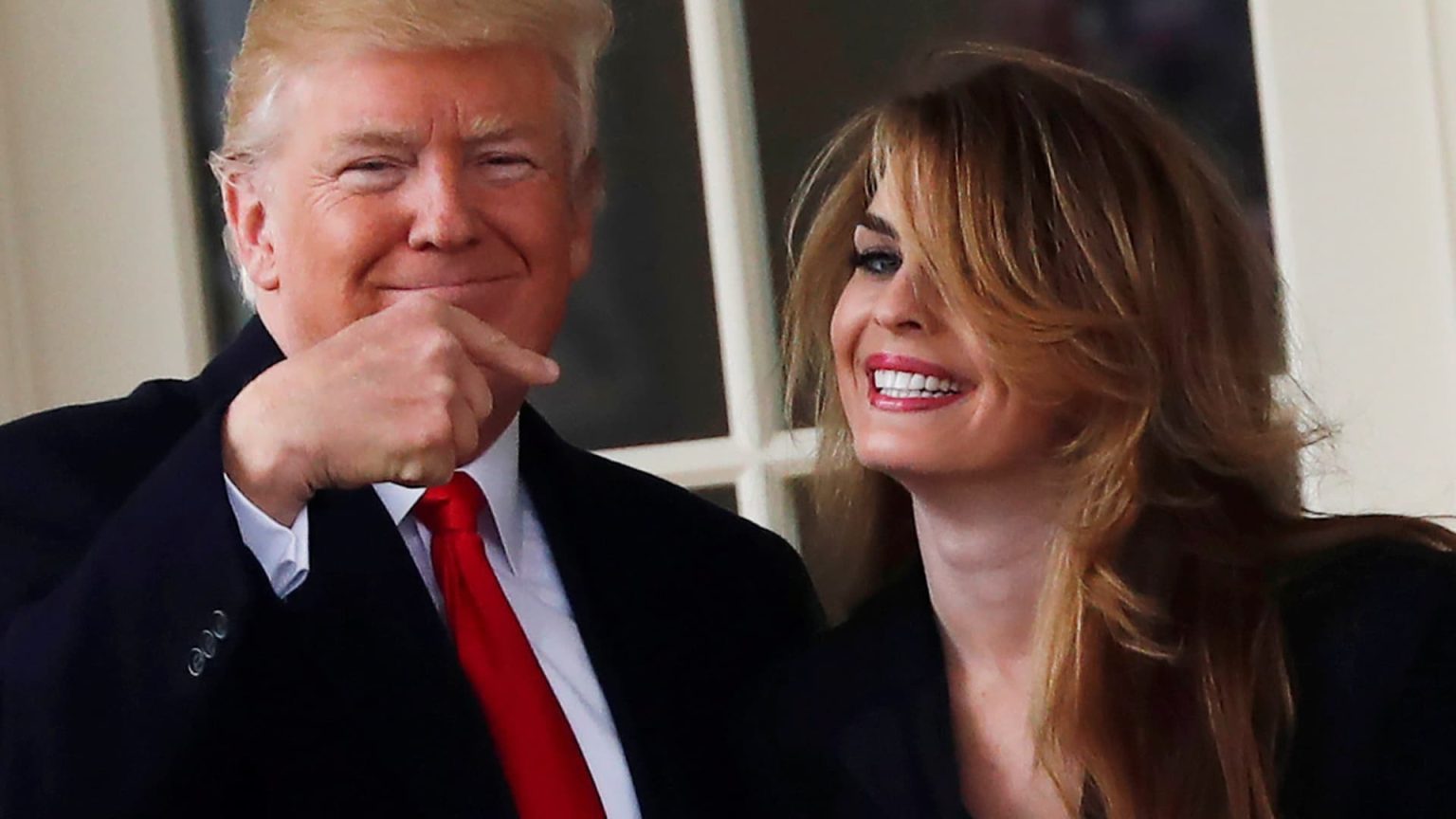In the criminal hush money trial of former President Donald Trump, former White House communications aide Hope Hicks became emotional on the witness stand as she was questioned by the defense attorneys. Prosecutors had previously questioned Hicks about the infamous “Access Hollywood” tape that threatened Trump’s 2016 presidential campaign. Hicks testified that she was “very concerned” when she received the email from The Washington Post seeking comment on the tape and notified other campaign leaders about it.
Hicks, who has deep roots in Trump’s business and political life, worked for the Trump Organization before joining the campaign as press secretary in early 2015. She was present for many of the scandals that defined Trump’s campaign and term in office. Hicks testified under subpoena in Manhattan Supreme Court that she has not spoken to Trump since the summer or fall of 2022. Her testimony follows that of several other witnesses, including attorney Keith Davidson, who helped negotiate hush money deals for Stormy Daniels and Karen McDougal.
Trump faces 34 counts of falsifying business records in relation to the payment to Daniels, with prosecutors accusing him of unlawfully trying to influence the election by suppressing damaging information about him. The judge in the case, Juan Merchan, has already held Trump in criminal contempt nine times for violating a gag order and has fined him $9,000. Prosecutors have flagged additional alleged violations of the gag order, but are not seeking to put Trump in jail at this time. Merchan has not yet ruled on these additional violations.
During the trial, Davidson discussed his work with the National Enquirer and Michael Cohen to craft hush money deals, shedding light on how tabloids operate in their pursuit of sensational stories. David Pecker, the former CEO of the Enquirer’s publisher, described the practice as “checkbook journalism” and admitted that their deals were intended to help Trump’s election chances. Davidson testified that he and the Enquirer’s editor understood that their activities may have in some way assisted Trump’s campaign, although he never personally met or spoke with Trump.
The trial also featured testimony from Douglas Daus, a forensic analyst for the Manhattan District Attorney’s office, who detailed findings from Cohen’s phone. Jurors heard a recording of Trump discussing payment with Cohen for silencing McDougal’s affair claim. Pecker’s company, American Media, allegedly paid McDougal $150,000 for the rights to her story as part of a “catch and kill” scheme to suppress it. The trial continues with the defense questioning witnesses and presenting their case in response to the allegations against Trump.


